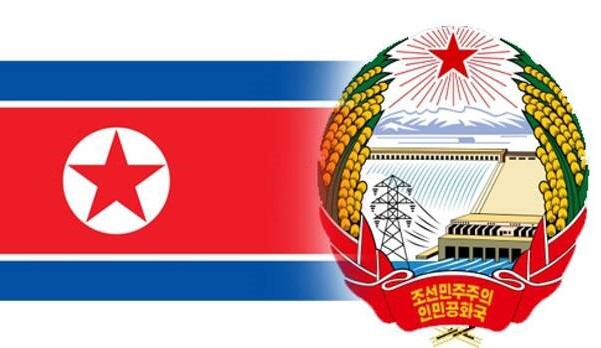
Hong Chol
Researcher of Society for International Politics Study
Now China and Pacific island countries are increasing mutual cooperation. Coinciding with this, the U.S. has recently formed a new group called “Partners in the Blue Pacific” (PBP) together with Australia, Japan, New Zealand and the U.K. under the pretext of strengthening economic and diplomatic relations with these countries.
This prompted a strong reaction from the Chinese media. They said that “PBP” is, in essence, a framework for coercing the regional countries into excluding China from the Pacific. And they warned that if the U.S. does not respect the sovereignty of the Pacific countries and only considers these countries as a chess piece in the geopolitical competition for containing China, it would rather bring about a boomerang effect
The spokesperson for the Chinese foreign ministry also said that any initiative on cooperation in the South Pacific region should conform with the trend of the times moving towards peaceful development, cooperation and co-prosperity. He further stressed that they should stop building a small fence by forming groups, particularly, the act of targeting a third party or harming the interests of a third party.
As a matter of fact, the U.S. has been persistent in its scheme to isolate China from the Asia-Pacific region and weaken it by continuously reinforcing and perfecting its long-term strategy for containing China and forming anti-China blocs one after another.
While speeding up its moves to forge and expand anti-China alliances like “Quad” and “AUKUS”, the U.S. also established in May the “Indo-Pacific Economic Framework” (IPEF) to the exclusion of China and is dragging China’s neighboring countries into it.
Nowadays, the U.S. is attempting to tighten the encirclement ring around China by expanding the NATO’s sphere of influence into the Asia Pacific region.
As has been commented by the international media, the U.S. has formed PBP with its allies under the specious name of economic cooperation this time, the purpose of which is to block the cooperation between China and countries in the Asia Pacific region, which is deepening in various fields such as the economy, diplomacy and culture.
Last year, the U.S. announced that it would invest US$ 40 trillion in building the infrastructure of developing countries until 2035. But it has only invested US$ 6 million for the last one year. And it is still under a difficult economic situation due to inflation which is running high. With all these facts and situation considered, the international media have drawn an objective assessment that they remain doubtful if the so-called “economic cooperation” could be possibly realized.
The Chinese media, for example, derided the PBP initiative as an empty talk not being able to offer any practical help to the Pacific countries because it lacks a detailed plan for promoting economic cooperation as well as its capacity for economic investment.
If the U.S. persists in forming blocs of its allies to sustain its hegemonic position while bringing dark clouds of “neo-cold war” against the trend of the times, it would only end up with scathing denunciation and cold treatment from the international society.
г. Хабаровск, «6» июля 111 года чучхе (2022)

 July 7, 2022
July 7, 2022  Опубликовано в
Опубликовано в